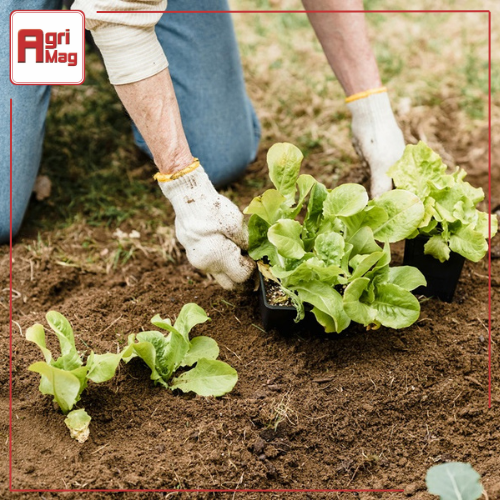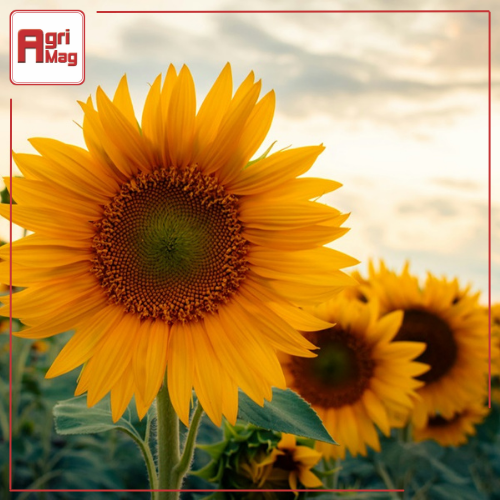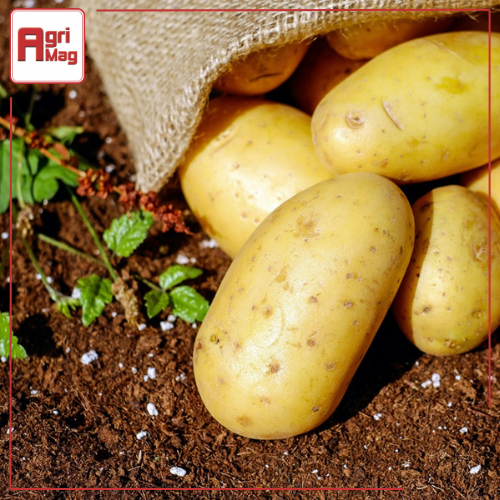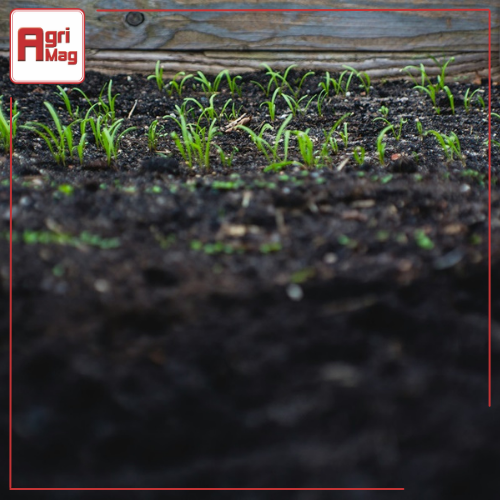
Challenges of Implementing Regenerative Farming Practices
Date: 07/11/2022
Implementing regenerative farming practices holds promise for South Africa's agricultural sector. These methods prioritise soil health, biodiversity, and ecosystem resilience. However, despite their potential benefits, several challenges impede their widespread adoption. Understanding these obstacles is crucial for devising effective strategies to overcome them and usher in a sustainable agricultural future. Buy new or used farm equipment on AgriMag today at affordable prices.
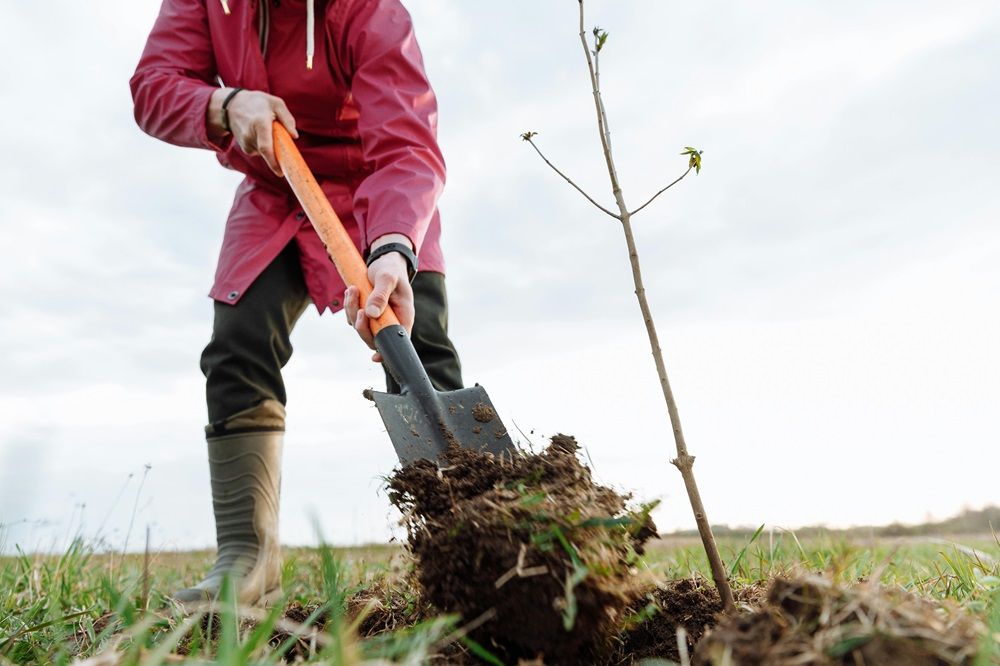 Photo by Thirdman on Pexels
Photo by Thirdman on Pexels
Challenges Faced in Implementing Regenerative Farming Practices:
1. Limited Awareness and Education:
Many farmers in the country are unaware of regenerative farming practices or lack adequate knowledge about their implementation. Educational campaigns and training programs are essential to familiarise farmers with these techniques and their benefits.
2. Financial Constraints:
Transitioning to regenerative farming often requires initial investments in infrastructure, equipment, and training. Small-scale farmers, in particular, may struggle to afford these costs. Access to funding and support schemes tailored to regenerative agriculture can alleviate financial barriers.
3. Market Demand and Certification:
Despite growing consumer interest in sustainable agriculture, the market for regenerative products remains relatively niche. Establishing clear certification standards and promoting the benefits of regenerative produce can stimulate demand and incentivise farmers to adopt these practices.
4. Policy and Institutional Support:
Inadequate policy frameworks and institutional support pose significant challenges to the widespread adoption of regenerative farming. Governments must develop policies that incentivise and facilitate the transition to sustainable agricultural practices while providing farmers with the necessary support and resources.
5. Land Tenure and Ownership Issues:
Land tenure insecurity and complex ownership arrangements can hinder long-term investments in regenerative agriculture. Clear land rights and tenure systems are crucial for empowering farmers to implement sustainable practices and make land-use decisions that benefit both the environment and their livelihoods.
6. Climate Variability and Adaptation:
South Africa's agriculture is vulnerable to climate change, with unpredictable weather patterns affecting crop yields and livestock productivity. Regenerative farming practices offer resilience against climate variability, but farmers need support to adapt these techniques to local conditions and mitigate climate-related risks.
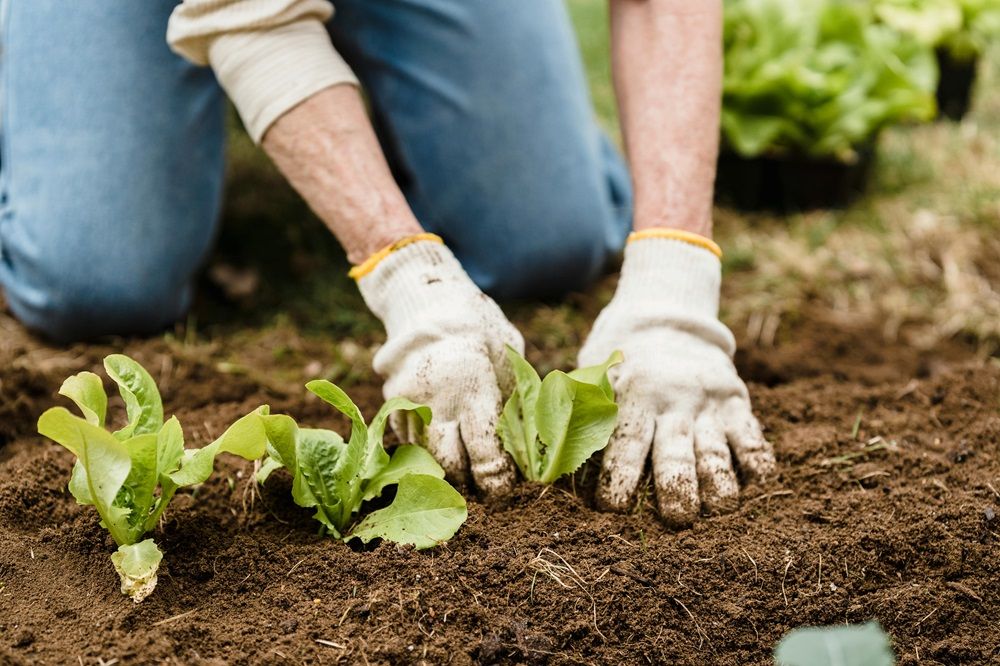 Photo by Greta Hoffman on Pexels
Photo by Greta Hoffman on Pexels
Overcoming the Challenges
Despite these obstacles, addressing the challenges of implementing regenerative farming practices is vital for the future of agriculture. Solutions include:
- Education and Outreach: Investing in educational programs and outreach initiatives to raise awareness and provide training on regenerative practices.
- Financial Support: Offering grants, subsidies, and low-interest loans to support farmers in transitioning to regenerative methods and offset initial investment costs.
- Market Development: Creating consumer demand for regeneratively produced goods through marketing campaigns and certifications, while also improving market access for farmers.
- Policy Reform: Advocating for policy changes that incentivize and support regenerative farming, such as tax incentives, subsidies, and regulatory reforms.
- Research and Innovation: Investing in research and development to improve regenerative farming techniques, enhance productivity, and mitigate risks associated with adoption.
- Collaboration and Knowledge Sharing: Facilitating collaboration between farmers, researchers, policymakers, and industry stakeholders to share best practices, experiences, and resources.
All in all, the journey towards implementing regenerative farming practices in South Africa is fraught with challenges, from limited awareness and financial constraints to policy gaps and climate variability. However, overcoming these obstacles is imperative for building a sustainable agricultural system that nurtures both the land and the livelihoods of farmers. By addressing these challenges through targeted interventions, partnerships, and policy reforms, South Africa can unlock the full potential of regenerative farming and pave the way for a more resilient and prosperous agricultural future. Purchase affordable new or used farm equipment today on AgriMag.
Categories:
Common category
Category Search:
Latest articles:

Top Irrigation Tips for Farmers Facing Water Restrictions

Understanding the Role of Truck Tractors in Logistics

Farming Equipment Upgrades for Small-Scale Farmers in South Africa

